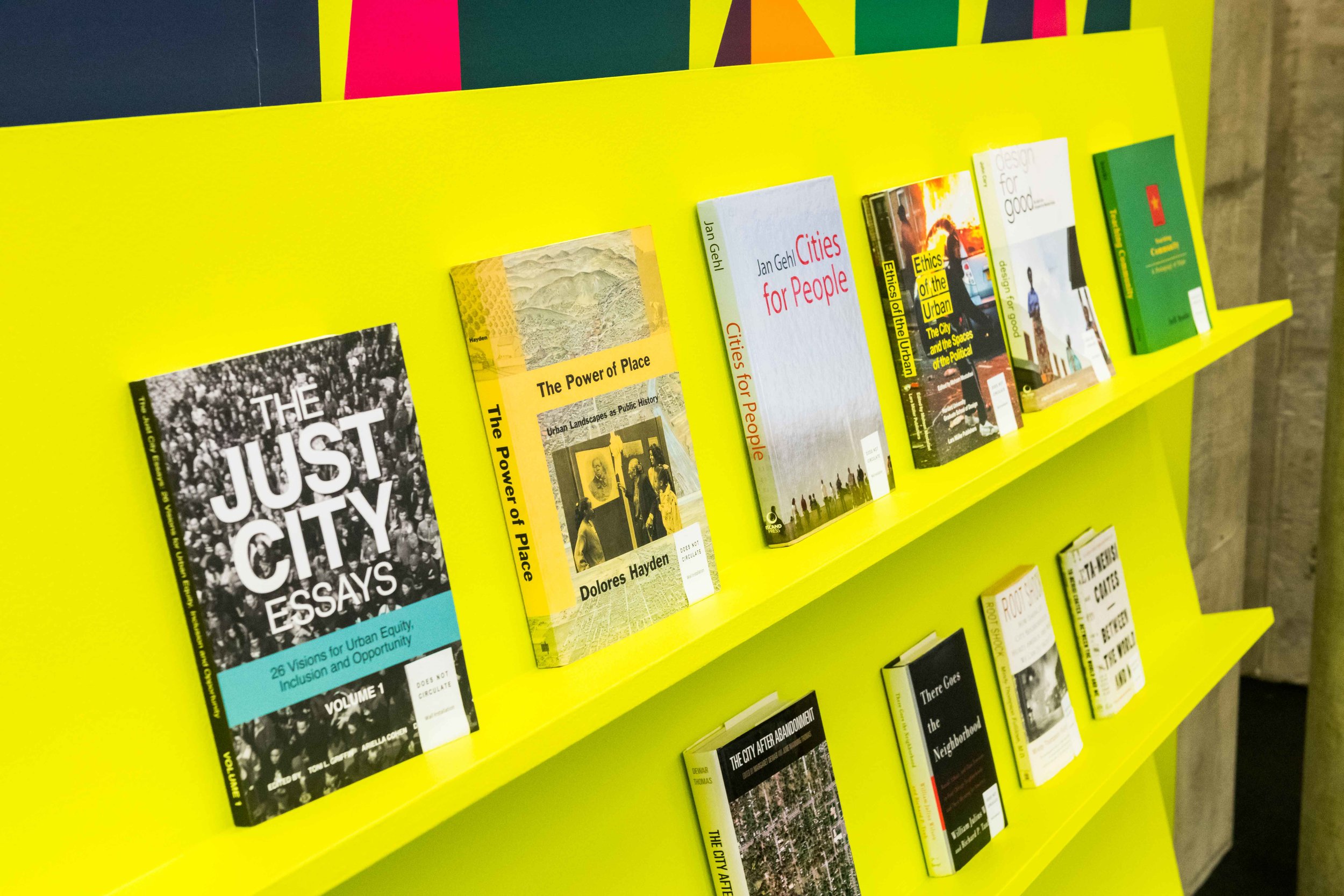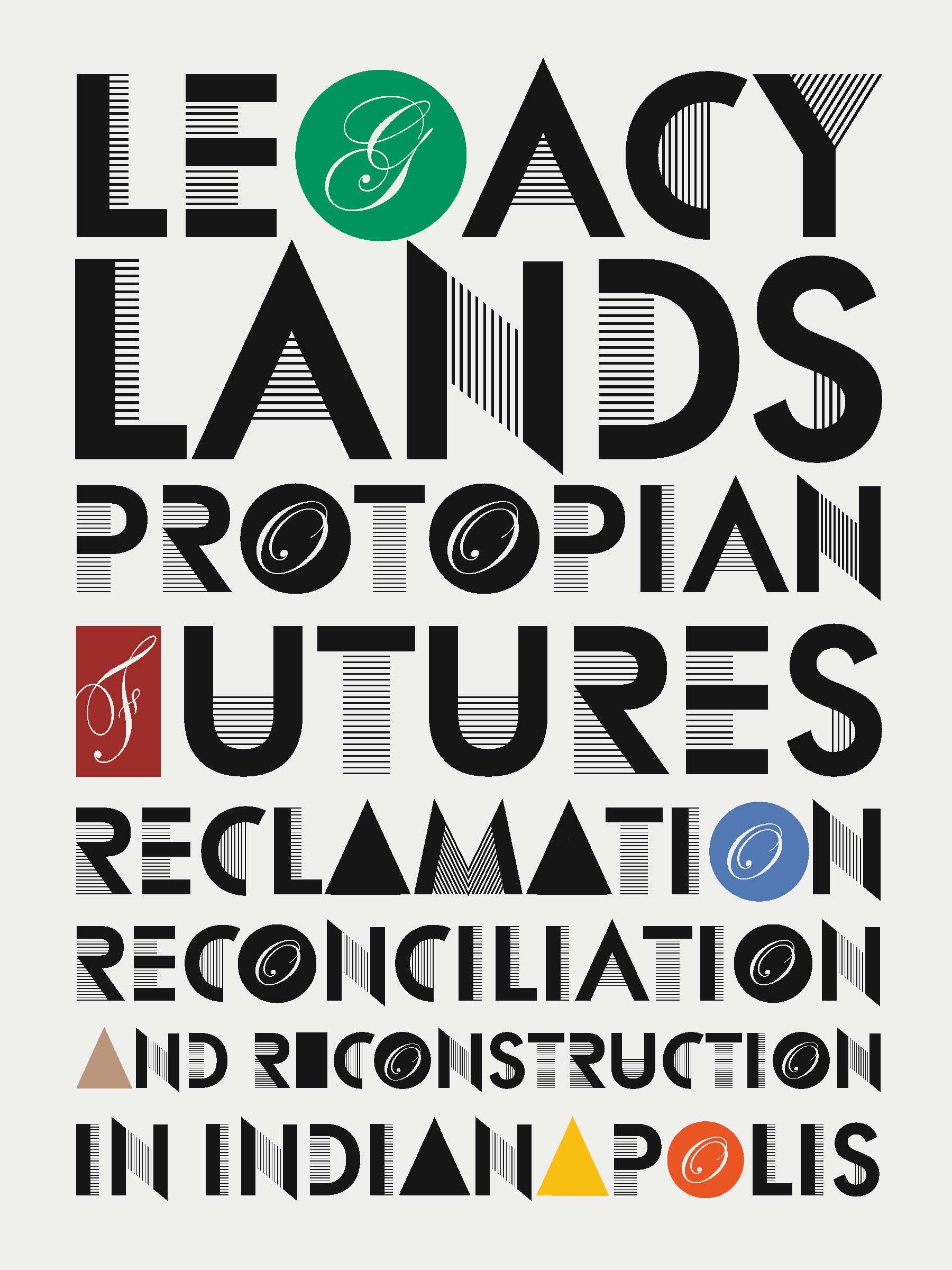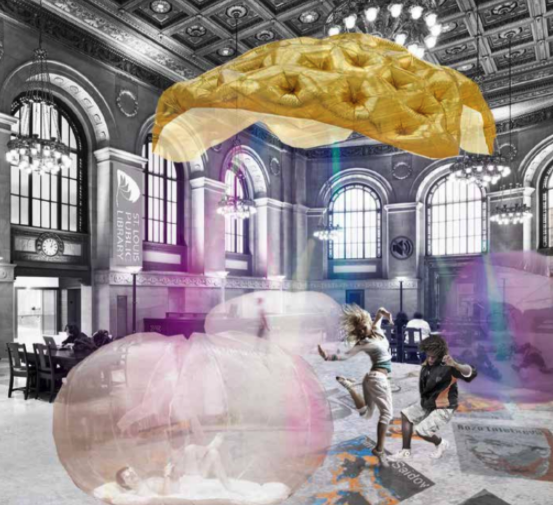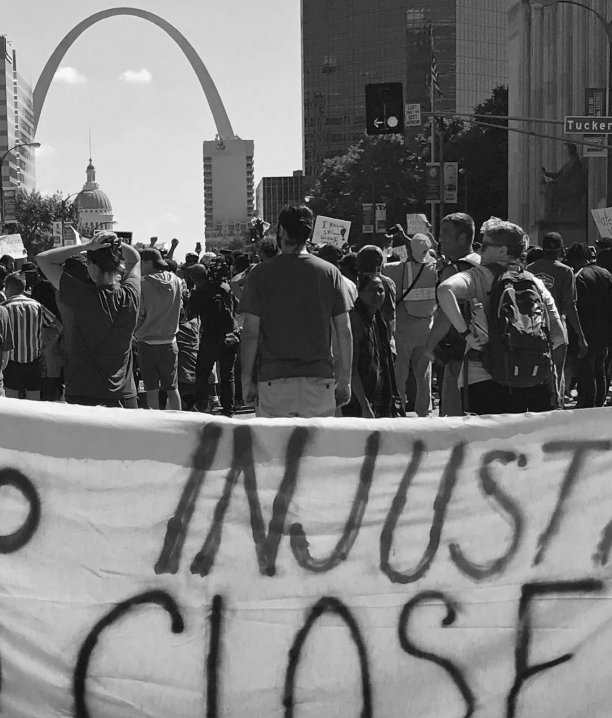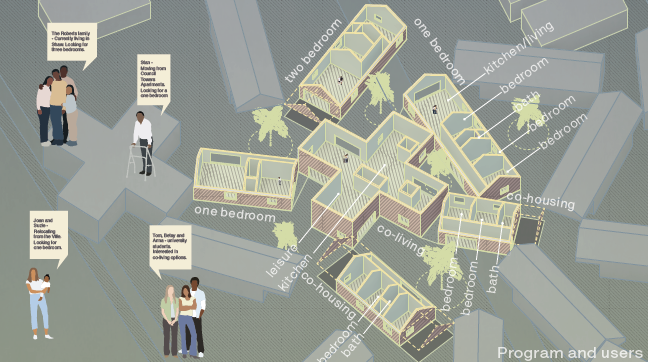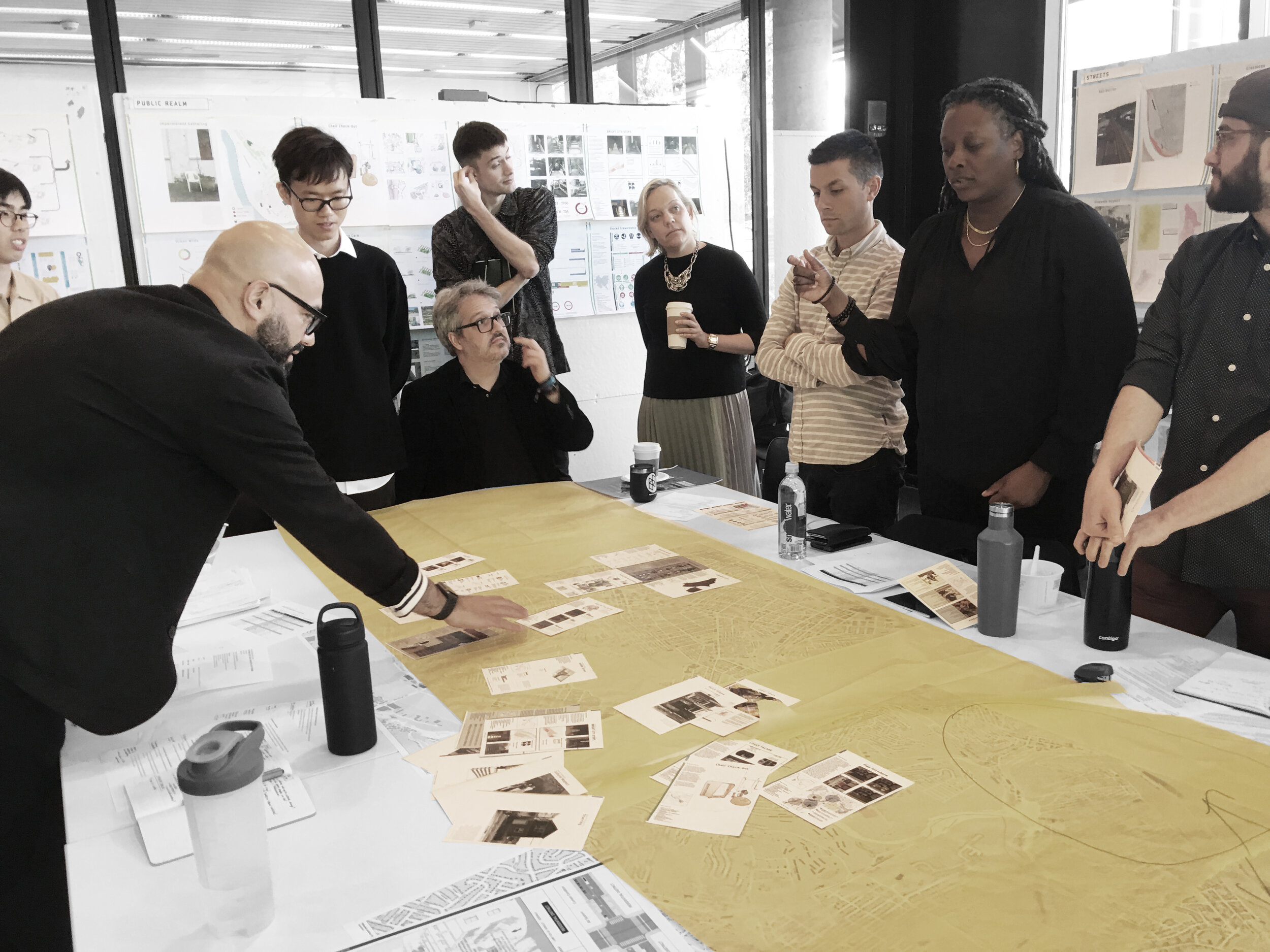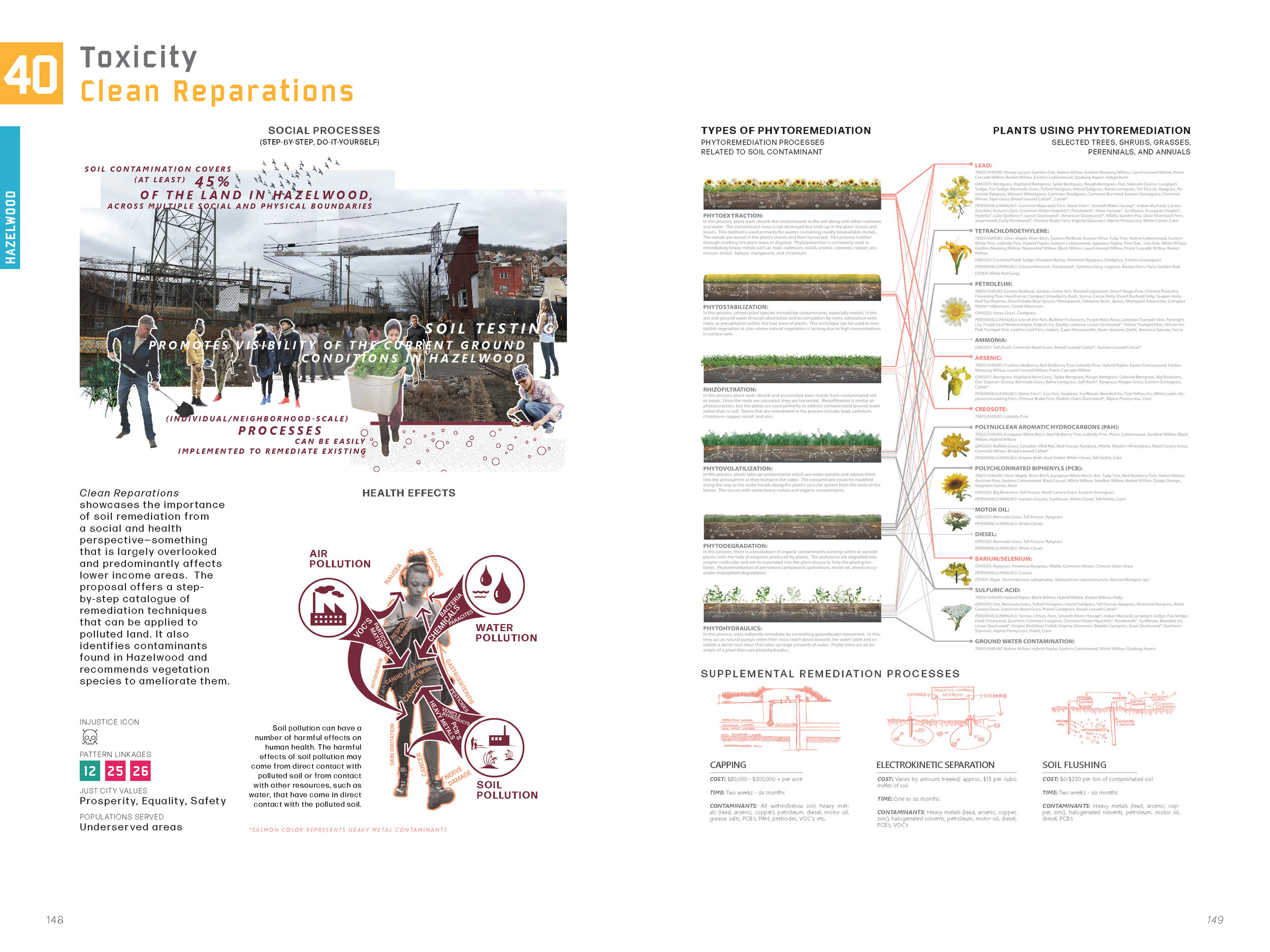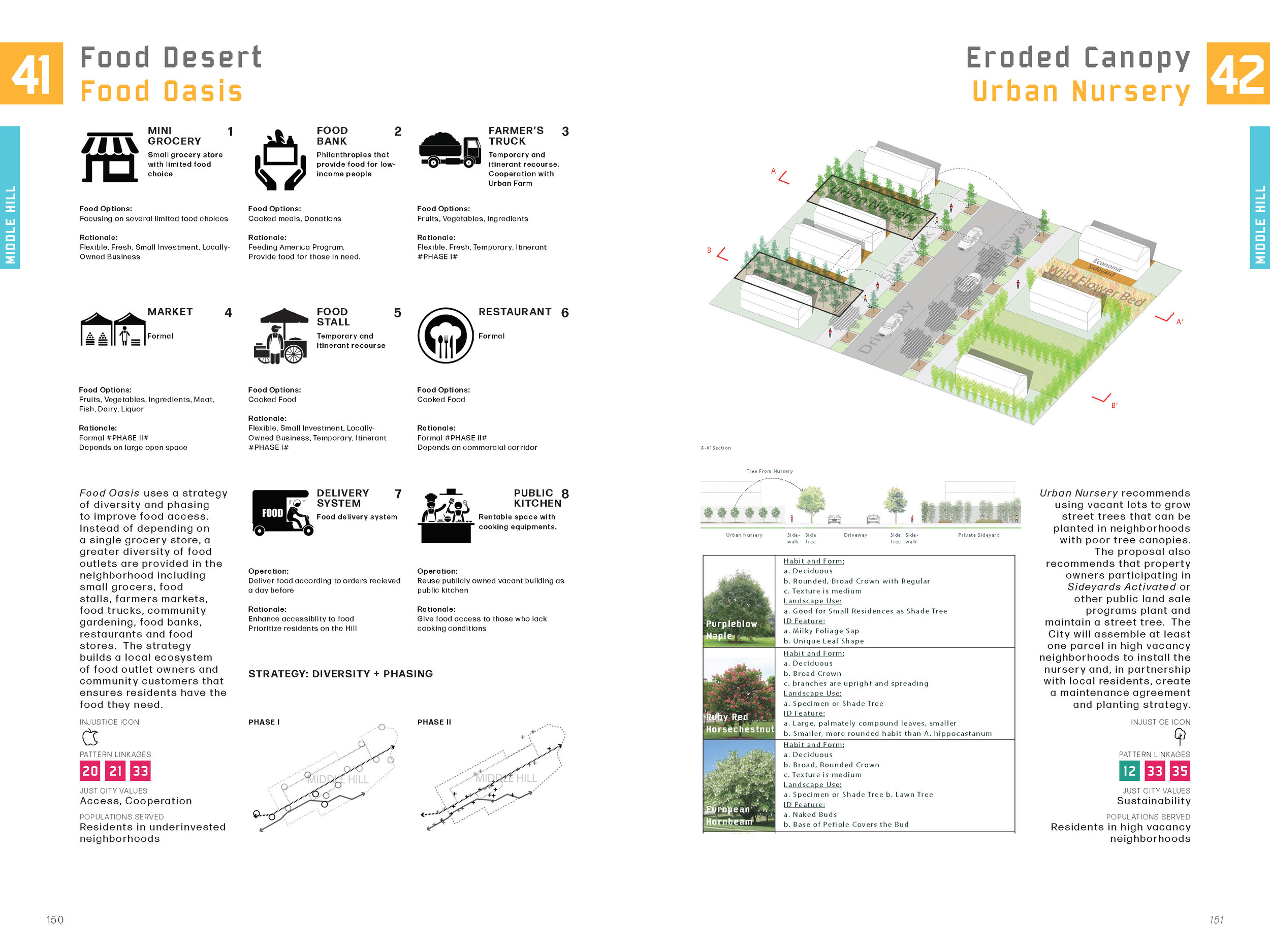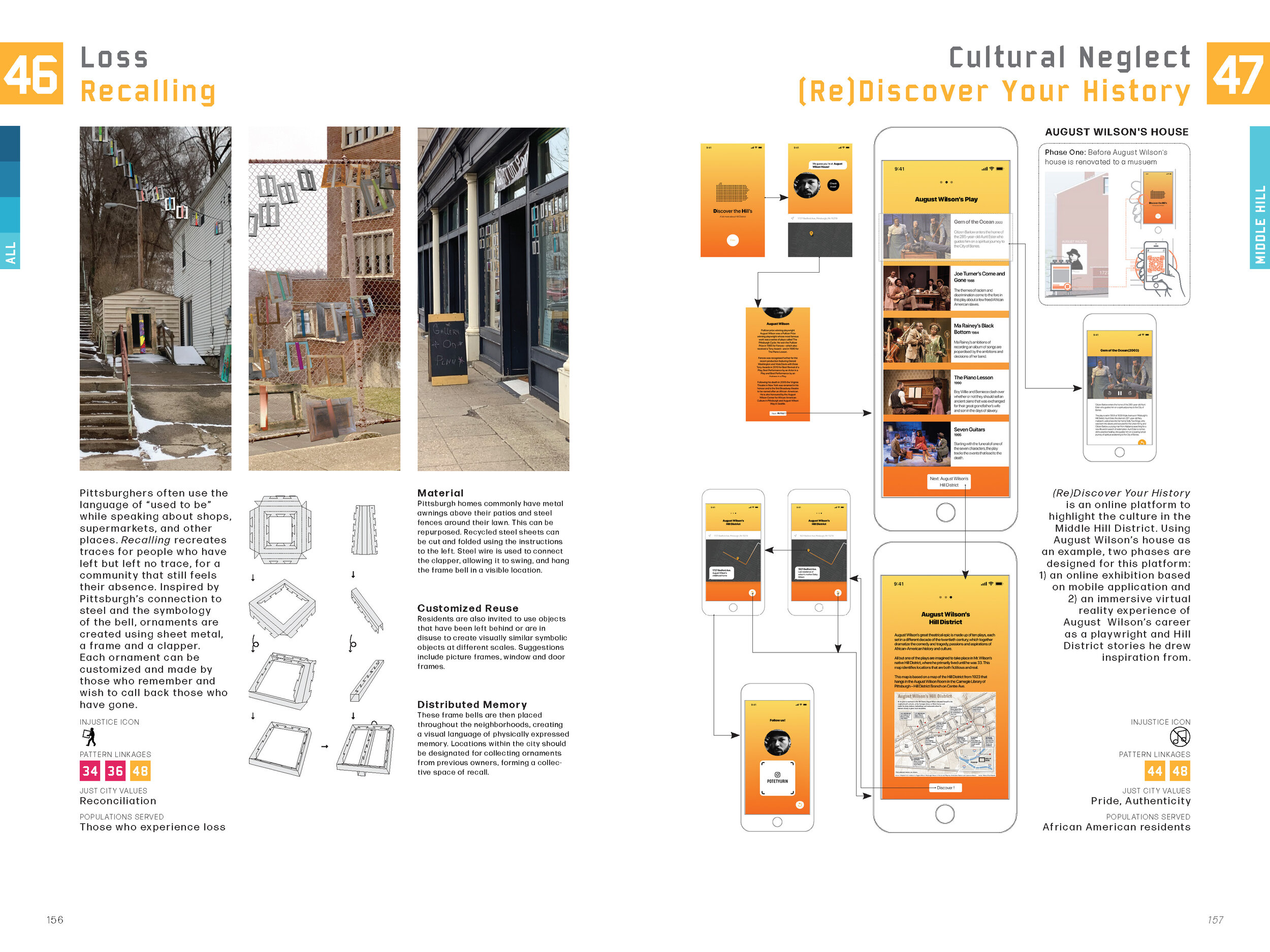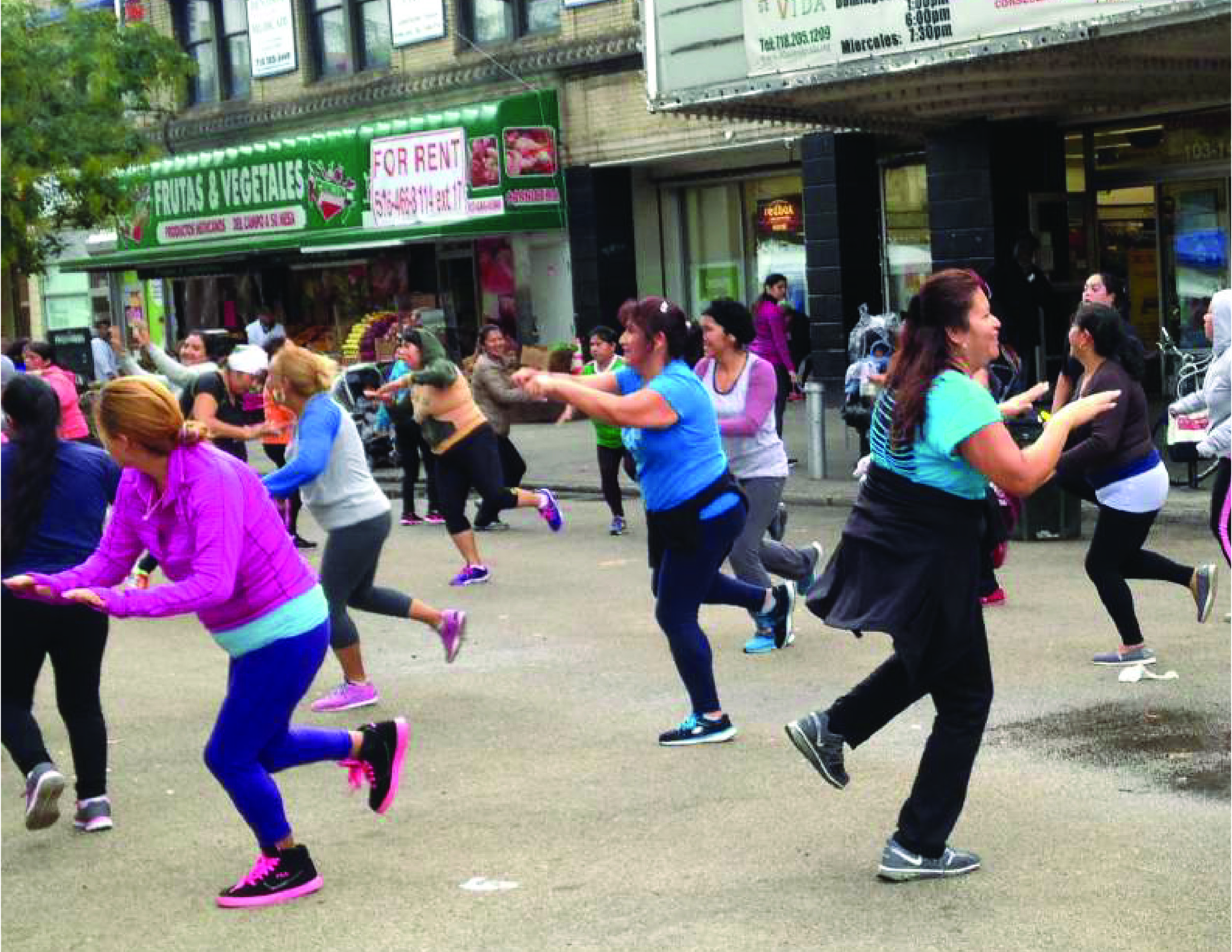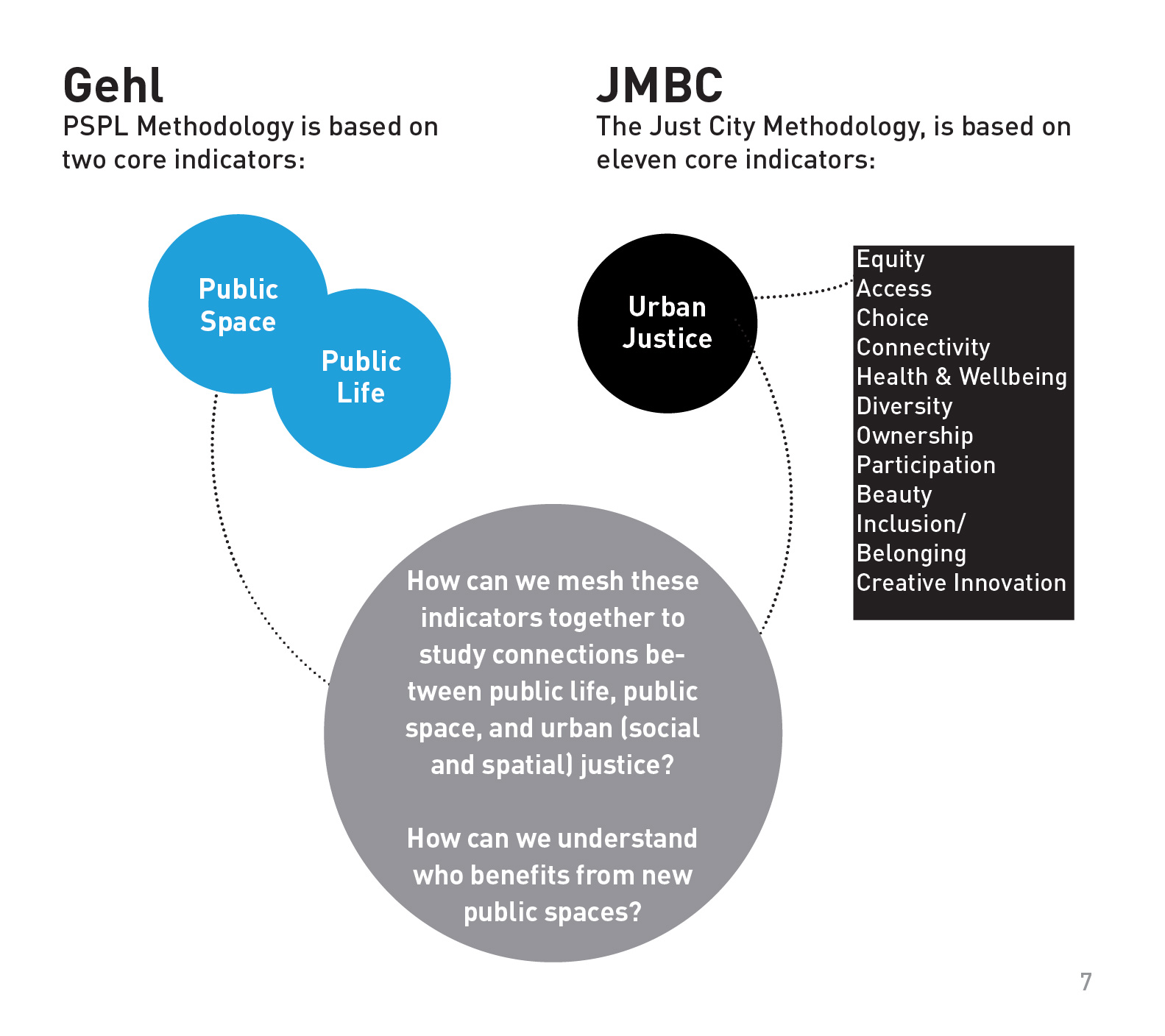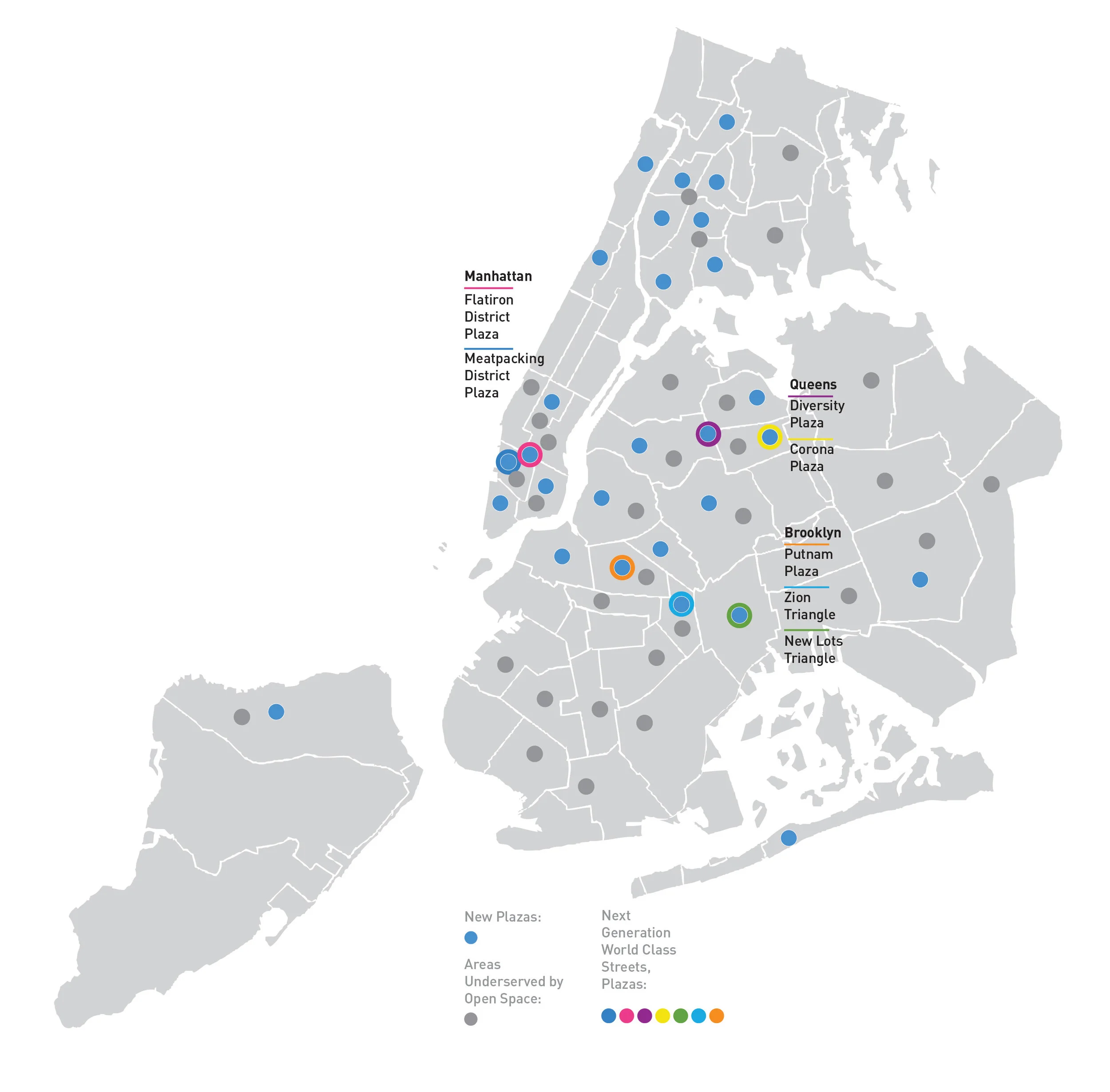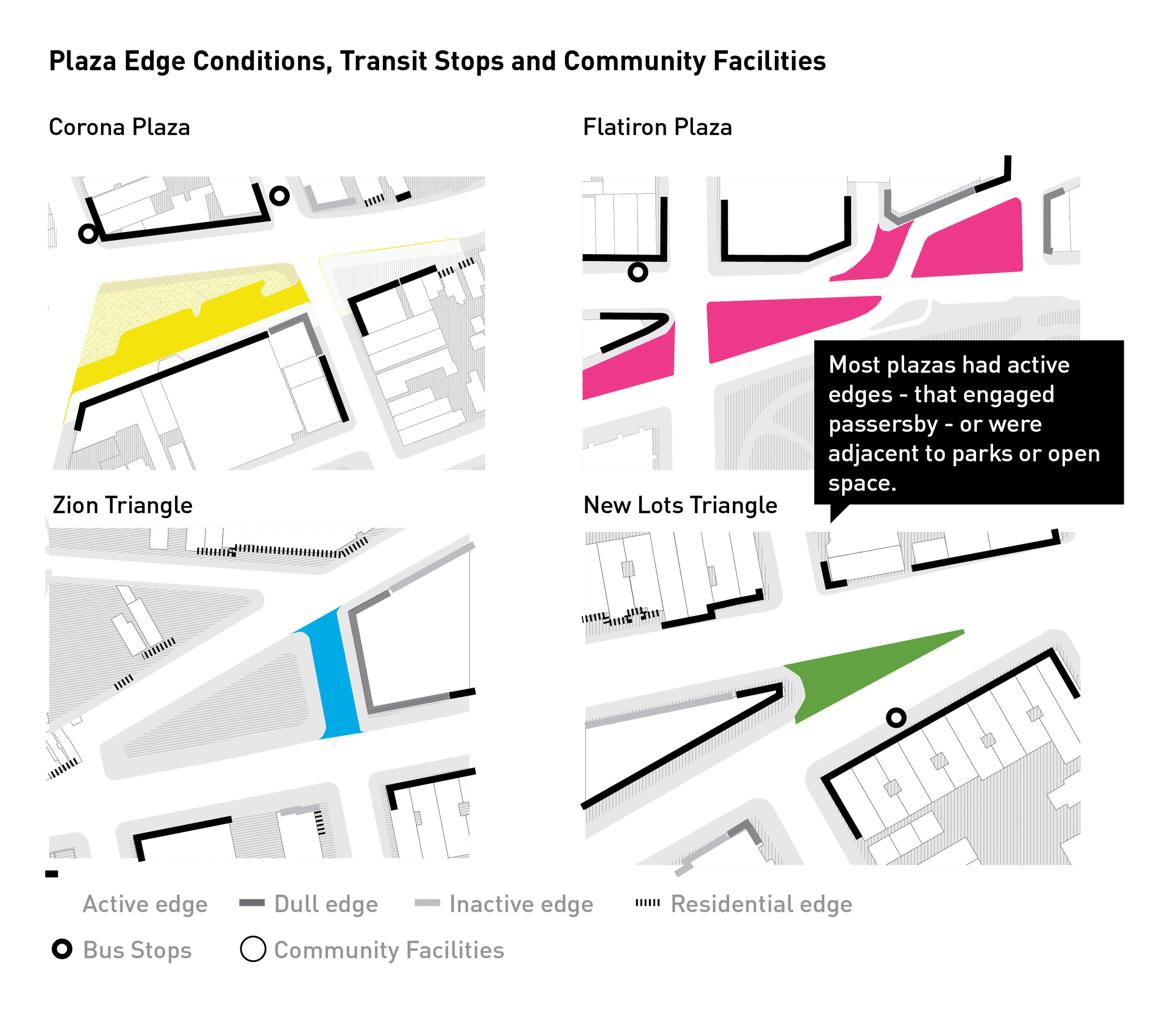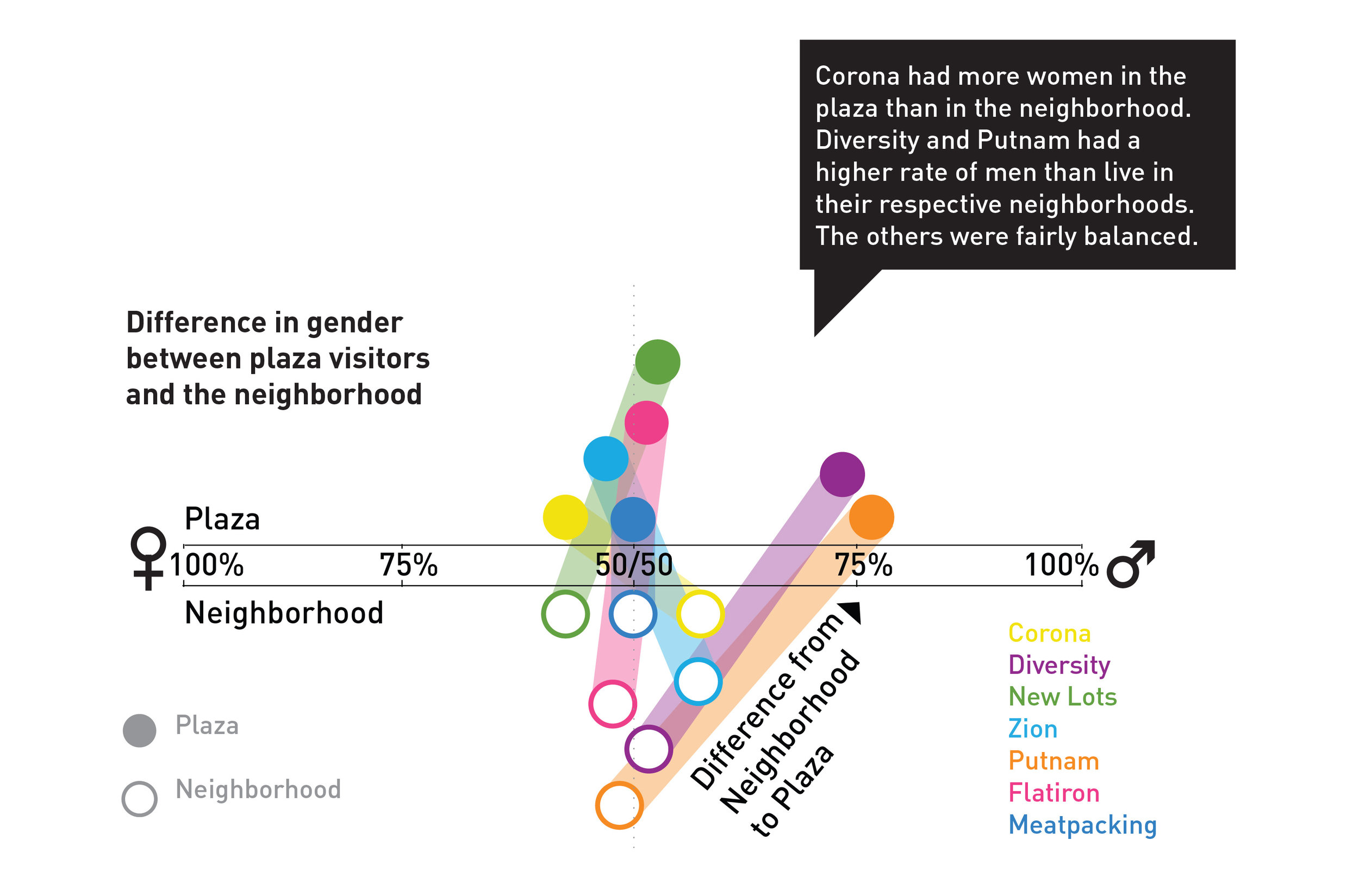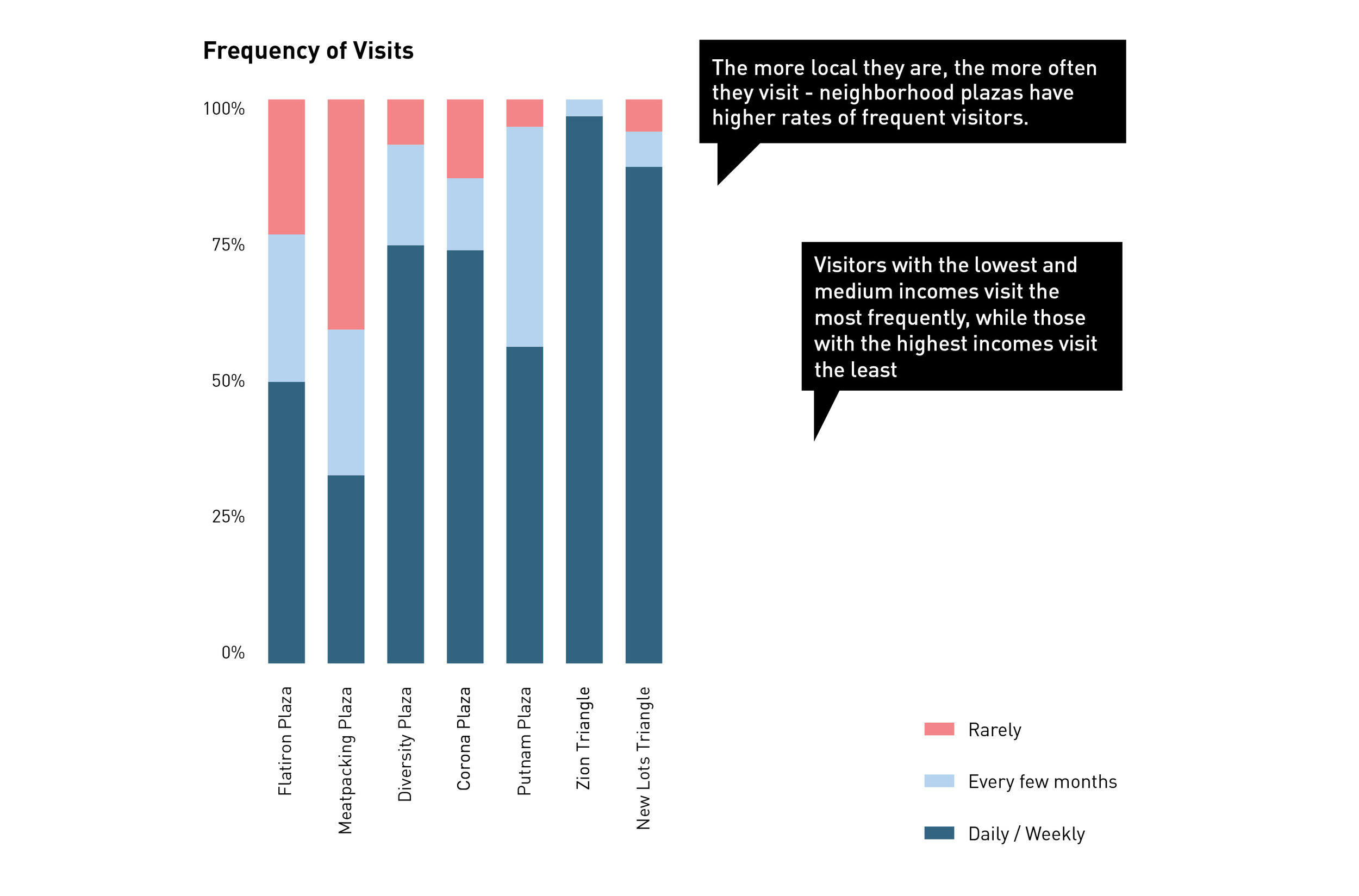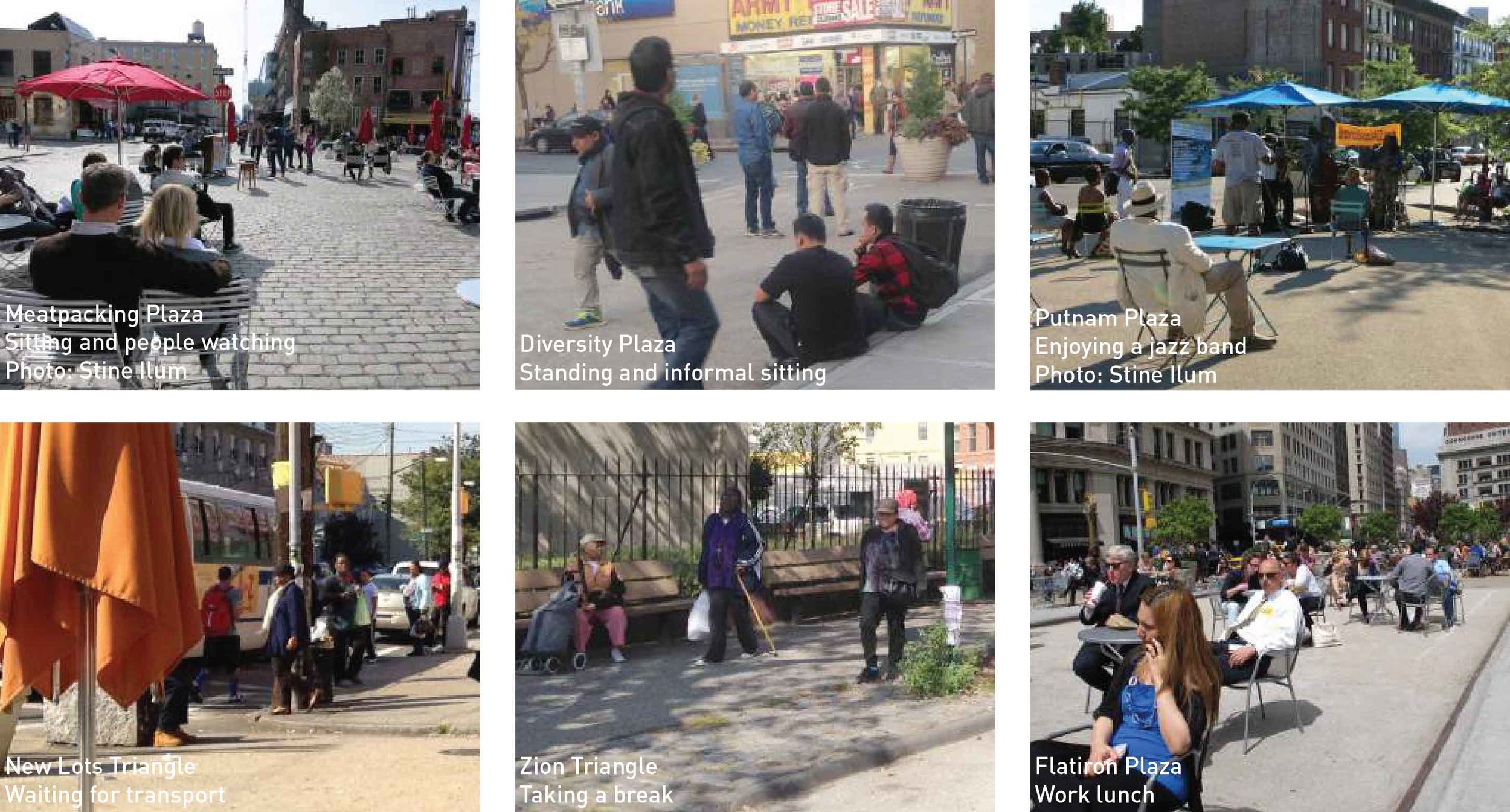LEGACY LANDS | PROTOPIAN FUTURES
RECLAMATION, RECONCILIATION, AND RECONSTRUCTION IN INDIANAPOLIS
“Injustice is a decision. What if we were in control of making different decisions for justice?”
If we are to advance a more inclusive and just urban redevelopment agenda – one that does not extend the practice of displacement - we must acknowledge that these Black neighborhoods and the legacy of their land histories hold a heritage that must inform the possibilities for its future cultural restoration, development, and liberation (ownership). Legacy Lands | Protopian Futures: Reclamation, Reconciliation and Reconstruction in Indianapolis, was a multi-disciplinary design studio at the Harvard Graduate School of Design, conducted in the Fall 2022 semester, that imagines the future possibilities for the Black heritage neighborhoods of Indiana Avenue if racial segregation, eminent domain, and slum clearance policies had not disrupted the thriving Black communities of Ransom Place, Fayette Street and Pat’s Bottom, as well as the preceding native American land settlements.
Urban Disobedience
99 PROVOCATIONS TO DISRUPT INJUSTICE IN ST. LOUIS
"Design requires imagination. Disruption requires a radical act."
Urban Disobedience: 99 Provocations to Disrupt Injustice in St. Louis was a 2017 design studio at the Harvard Graduate School of Design. The studio’s core objective was to examine and prototype the ways design facilitates just processes and outcomes, for people and place. In this volume, the design research and interventions of twelve design students are combined with the voices of St. Louis activists to put forward to set of provocations for dismantling injustice in St. Louis.
PATTERNED JUSTICE
DESIGN LANGUAGES FOR A JUST PITTSBURGH
"We must acknowledge the injustices that have occurred, not only from a design perspective, but also as a result of the general failure to address systems that perpetuate racism, sexism and poverty."
Patterned Justice: Design Languages for a Just Pittsburgh was a 2019 design studio at the Harvard Graduate School of Design and sponsored by The Heinz Endowments. The studio’s core objective was to interrogate and advance socio-spatial justice through design and planning “pattern-making” in four Pittsburgh neighborhood areas—Beechview, Hazelwood, Middle Hill District and East Liberty/Garfield. The studio was conducted through a process of co-creation, and the results are published here as a handbook to help advance work of local public, private and nonprofit organizations and everyday residents in Pittsburgh.
ESSAYS
THE JUST CITY ESSAYS: VOLUME ONE
"A just city is a city in which spatial resources and natural amenities will be available and accessible to all."
In "A Just City is Inconceivable without a Just Society," Marcelo Lopez De Souza explores the path to social sustainability in our cities, including his own: Rio de Janeiro.
De Souza was one of 26 authors invited to respond to two straightforward questions: What would a just city look like and what could be the strategies to get there? We raised these questions to architects, mayors, artists, doctors, designers and scholars, philanthropists, eologists, urban planners and community activists. Their responses came to us from 22 cities across five continents and myriad vantages. Each offers a distinct perspective rooted in a particular place or practice. Each essay is meant as a provocation — a call to action. You will notice common threads as well as notes of dissonance. Just like any urban fabric, heterogeneity reigns.
RESEARCH
PUBLIC LIFE & URBAN JUSTICE IN NYC'S PLAZAS
Can the design of public space have a positive impact on public life and urban justice?
This report, "Public Life and Urban Justice in NYC's Plazas," is the culmination of an 18-month collaboration between Gehl Studio, the J. Max Bond Center and Transportation Alternatives to develop, investigate, measure and evaluate how New York City’s Public Plaza Program and seven of its recently implemented plazas contribute to quality public life and greater social justice. The report includes our methodology, indicators and metrics, and findings for seven New York City public plazas.
